Reading the Olympics...reading across genres.
- JoAnne Saldanha
- Aug 28, 2021
- 5 min read
A version of this article appeared in the Hindu on July 30, 2021... https://www.thehindu.com/books/a-collection-of-books-to-teach-children-the-spirit-of-the-games/article35623130.ece
My students are all abuzz about the Olympics and so am I!!!
The children are excited to follow the sports that interest them, the sports personalities, the range of countries participating, the history of the Olympics and with every group I hear some new little piece of information.
I couldn't help but connect this interest to reading.
As a parent or a teacher by harnessing their current interest we are bound to lure them into reading or reading even more than they already are...helping them to explore a range of books across genres, because we have a current interest holding them captive. Children by nature will hungrily take in all that a book around their current interest offers.
Remember to pair fiction with non-fiction!
Listen to what your child is talking about, share with him facts you may know and support his interest with a range of books, depending on what he has expressed an interest in. By doing so you will help them build background knowledge, vocabulary and comprehension skills.
I find the Olympics the perfect time to help children do this. To illustrate what I mean, here are a few book suggestions.
By no way is this list exhaustive. My selection is based on the books that best illustrates the pointers I want to share.
1. The Event Ancient and Modern
Children may be excited to read about the origin of the Olympics and the way it was conducted in ancient times, to the modern Olympic games, the participation of women, the rules, the order of the ‘parade of nations’ during the opening ceremony and all the little details that make this the biggest sporting event in the world.
There are plenty of books about the history of the Olympics, to name just a few:
The Story of the Olympics by Mina Lacey, illustrated by Paddy Mounter- (Usbourne Young Reading)
You wouldn’t want to be a Greek Athlete by Micheal Ford, illustrated by David Antram (Scholastic)
Olympics by Chris Oxlade and David Ballheimer (DK Eyewitness book)
What are the Summer Olympics by Gail Herman/Who HQ, illustrated by Stephen Marchesi (Penguin Workshop)
The Story of the Olympics by Richard Brassey
G is for Gold Medal
2. Greek Mythology
An offshoot of reading all about the Olympics may nudge children to want to read about the Greek Gods and Greek Mythology. Stories from Greek mythology have always been popular in my area of work as children are fascinated by how they trace the etymology of common words and expressions. Last week, we began with how the ancient Olympics were held in honour of Zeus; of Kallipateira, who defied the stringent laws that did not allow married women to watch the Olympics, so she could watch her son compete; and Pheidippides the messenger’s run at the Battle of Marathon, a historical event which today’s race commemorates. These stories created a huge buzz about the Games among my students, as they tracked its journey to its modern avatar. The new Olympic motto, ‘Faster, Higher, Stronger — Together’ also helps them learn to appreciate our diverse world.
Books like:
D’Aulaires book of Greek Mythology
Usbourne Greek Myths
Favourite Greek Myths retold by Mary Pope Osbourne
Ancient Greece and the Olympians (a Magic Tree House Fact Tracker Book)
3. India/Indians at the Olympics
Sportswomen like weightlifter Mirabai Chanu — who won a silver on day one, badminton player PV Sindhu, and boxer Mary Kom have sown little dreams in the hearts and minds of my students. While, unfortunately, there are no picture books available about current athletes, older children will be delighted to read about Indians at the Olympics. The road to get there and the hard work needed to compete against the best in the world. Biographies about Indian athletes are a great way to help children to see themselves in the hopes and dreams of athletes from backgrounds they may be familiar with.
India at the Olympics by Seetha Natesh
India at the Olympic Games published by Tulika
Dipa Karmarkar by Sreelatha Menon, illustrated by Sonal Gupta Vaswani (Pratham)
Dreams of a Billion: India at the Olympic Games by Boria Majumdar/ HarperSport (YA)
4. Athletes in general
Reading about athletes from the past and those they have watched perform can be very inspiring as can be the stories of those who overcame hardships and resistance to them competing.
Nadia the Girl who couldn’t sit still by Coby Karlin Gray illustrated by Christine Davenier (Houghton Mifflin Harcourt)
Flying High: The Story of Gymnastic Champion Simone Biles by Michelle Meadows, illustrated by Ebony Glen
Wilma Unlimited: How Wilma Rudolph became the world’s fastest woman by Kathleen Krull
How to train with a T-Rex and win 8 Gold Medals by Micheal Phelps and Alan Abrahamson
Jesse Owens -Little people, Big dreams series
Women in sports: 50 Fearless Athletes who played to win by Rachel Ignotofsky
The Boys in the Boat: An Epic Journey to the Heart of Hitler's Berlin by Daniel James Brown
5. Countries
The parade of nations and the flag next to each athletes name on the score boards are bound to pique an interest in flags or even the location of the countries. “I saw the eagle on Mexico’s flag,” said one student, as we discussed the parade of nations, recalling the Aztec myth that inspired its coat of arms. The Olympics offer the perfect opportunity for children interested in geography to familiarise themselves with the location of the countries and their flags. A good picture atlas and book of flags are invaluable resources to have on hand.
Children’s Picture Atlas by Usbourne
My First Atlas of the World by National Geographic
The Book of Flags: Flags from around the world and the stories behind them by Rob Colson
A Flag worth Dying for by Tim Marshall (Teens and YA)
6. Explore the host country through books
Books about the host country, in this case, Japan are a wonderful way to pique interest about a culture different from our own. Explore traditional stories and non-fiction about Japan.
The Maiden of the Blue Willow and other Japanese Folktales (Scholastic India)
Momotaro the Peach boy
Hiromi’s Hands by Lynne Barasch
Sumo Joe by Mia Wenjen and Nat Iwata
The Boy who drew Cats by Anushka Ravishankar, illustrated by Christine Kastl
7. Books by Olympians
A wonderful way to help children see that athletes are multi dimensional and share stories straight from the athletes hearts. Not all may be sports stories…
The Proudest Blue written by Ibtihaj Muhammed the first American athlete to compete in a hijab
She’s got this by Laurie Hernandez an Olympic medallist who writes about chasing your dreams and never giving up.
The Kicks (series) by Alex Morgan an Olympic woman footballer
8. Science
Science loving children will be engrossed by the science involved in sport techniques.
Does Farting make you Faster? By Glenn Murphy (Science Museum)
The Secret Science of Sports: The Math, Physics, and Mechanical Engineering Behind Every Grand Slam, Triple Axel, and Penalty Kick by Jennifer Swanson
9. Poetry
Seize their interest in the games to introduce poetry...a genre they may not want to pick up otherwise...
Olympic Poems: 100% unofficial by Brian Moses, illustrated by Roger Stevens

10. Diversity and Inclusion
This year’s Olympics has focused on solidarity and inclusion and is wonderful opportunity to open a window on diverse abilities and the can-do spirit of these athletes.
What are the Paralympic Games? by Gail Herman
Wheelchair Sports at the Paralympics by Matt Bowers
Wings to Fly by Sowmya Rajendran, illustrated by Arun Kaushik
Against all odds by Ramendra Kumar
Kittu's terrible horrible no good very mad day by Harshikaa Udasi
A Big Splash by Nivedha Ganesh
These are just a few books from an exhaustive list available.
Go on harness the Olympic excitement and get reading with your children!
“The important thing about the Olympic Games is not to win but to take part, just as the important thing in life is not the triumph but the struggle…” Baron Pierre de Coubertin at the London Olympics, 1908
















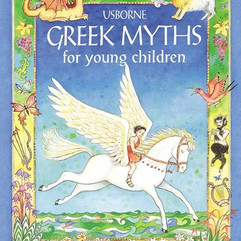


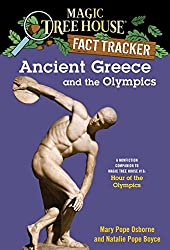

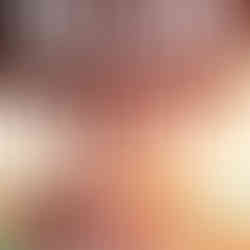










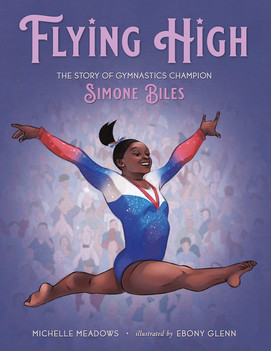



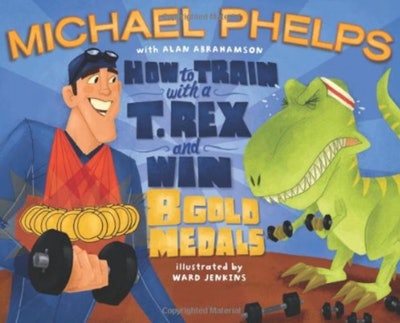





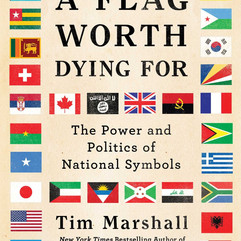

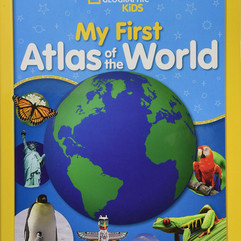













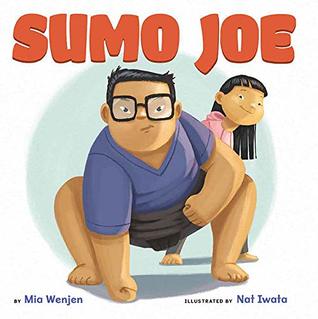









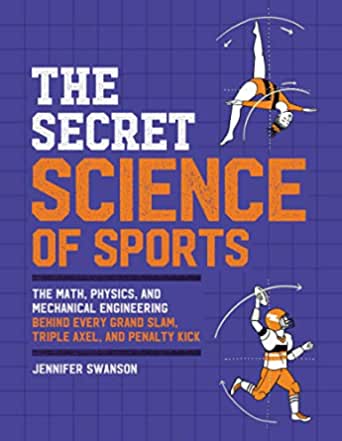











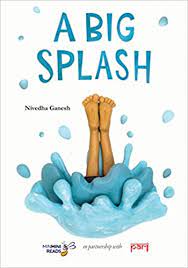
Comments